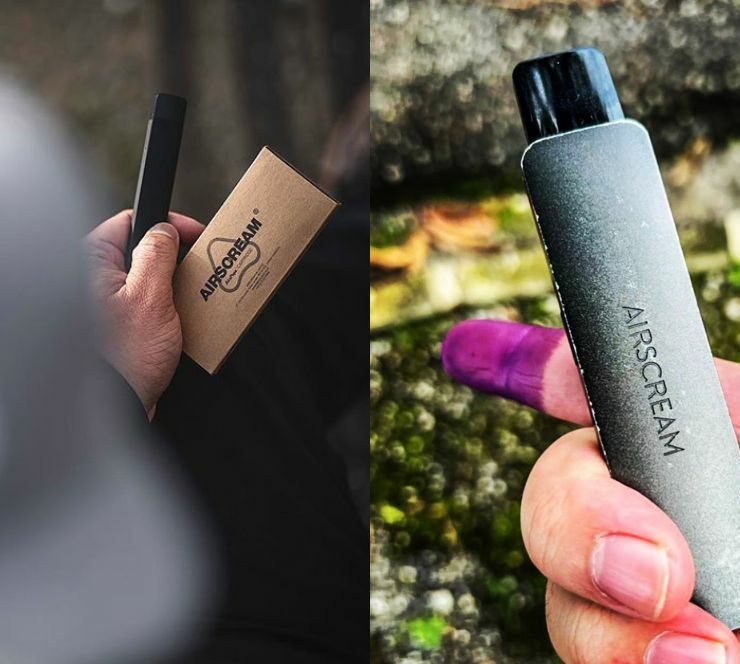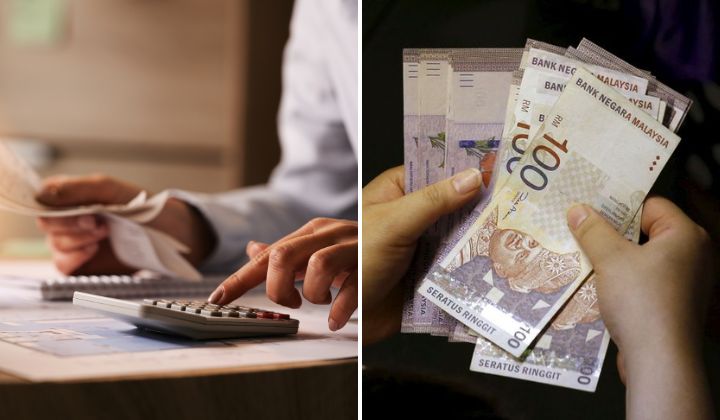Taxing Vapes Is Better Than Leaving It Unregulated
Taxation on vaping products is the first step to better regulations.

Subscribe to our Telegram channel for the latest stories and updates.
So long story short, in October, Finance Minister Tengku Datuk Seri Zafrul Abdul Aziz noted the government’s plan in Budget 2022 to hike up the excise duty imposed on liquid or gel products for vaping and it also includes those that contain nicotine.
This would effectively increase the tax rate from RM0.40 for each millilitre of liquid or gel products to RM1.20 per millilitre, starting 1 January 2022.

Most medical experts agree that this was the right way to go on the simple grounds that it would be better to regulate instead of leaving it unregulated.
Just like how a ‘sin tax‘ on sugary drinks can reduce society’s risk of contracting non-communicable diseases like obesity, diabetes and heart disease, it is not uncommon to see taxation on vaping products.
But in this case, some countries prefer no taxation at all to harness the full potential of vaping products and incentivise smokers to switch to the less harmful product.
The Malaysian Public Health Physicians’ Association (PPPKAM) President Datuk Dr Zainal Ariffin Omar, described the decision to expand sin tax to include vaping products as a commendable plan, while Dr Koh Kar Chai, president of the Malaysian Medical Association (MMA) explained that the tax couldn’t have come sooner.
The bad news is that more taxes makes vaping products more expensive for the consumer.
Taxation is a pragmatic approach to regulate the products, reduce their overall consumption and improve overall public health, besides having the bonus of generating revenue for the country.
However, the country cannot depend on taxation alone in our endeavour to regulate the products.

The Federation of Private Medical Practitioners Associations Malaysia (FPMPAM) President Dr Steven Chow Kim Weng stressed that strict regulations must first come into play before the country begins installing this new tax framework.
The association agrees that tobacco harm reduction (THR) strategies that encourage cigarette smokers to switch to vaping products as a less harmful alternative to their habits must be supervised and studied to implement better regulations in the future.
FPMPAM say that the adoption of THR strategies would reduce health risks contributed by cigarette smoking and save Malaysia billions of ringgit in treating smoking-related diseases.

This opinion is also agreed by Dr Arifin Fii, a local specialist in addiction therapy, who said that THR presents itself as a practical solution to counter the prevalence of smoking.
The use of vaping products has been globally accepted as the prefered choice for people to put out their cigarettes and allow them to safely transition to a less harmful means of quitting the habit for good.
So it stands to reason that the government should endeavour to regulate and introduce policies to better promote THR here in Malaysia to make vaping products regulated with controls to ensure products meet safety and quality standards for consumers.
Read More: Just How Regulated Is Malaysia’s Vape Industry? Let’s Look Past The Smoke Screen
Share your thoughts with us via TRP’s Facebook, Twitter, and Instagram.
Typing out trending topics and walking the fine line between deep and dumb.





